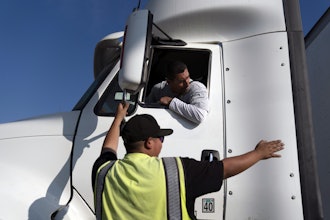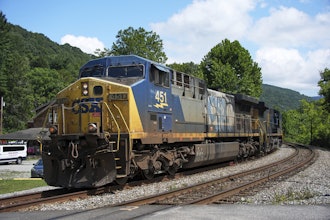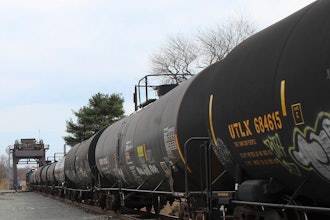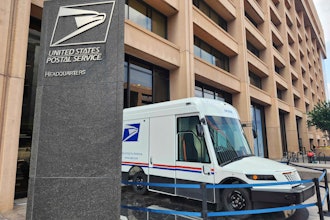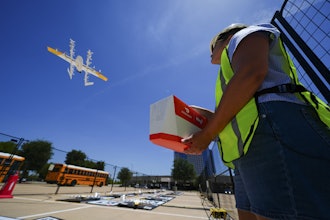The average industrial distributor spends approximately $78,500 a year to operate a delivery route. Where can distributors find cost-savings? Here are four key areas:
1. Optimization of Delivery Fleet
Having the right balance of equipment and drivers is crucial to good cost and service management. Implement route optimization software that can be used to analyze and recommend the right delivery system. Factors such as required delivery receiving time, traffic, road systems and truck specifications are integrated into the software and taken into account. Service territories can be set into the operating system and assigned to designated routes. The integration of the operating system into the route process should be done whenever possible. Examine whether outsourcing is a good support option for your delivery service. Many distributors are making deliveries on their own fleet instead of outsourcing, but in cases where customers accept outsourced delivery mechanisms, it can be a good way to cut costs.
2. Develop a Central Dispatch
Consolidate your product placement to be able to handle product more efficiently. Striking the right balance in product management can help to improve delivery service, inventory management and reduce costs. For distributors that service multiple branches and markets, consider utilizing the "Hub Delivery Model", which combines the traditional hub and spoke delivery system found in many central distribution models today with the principles of 'lean management'. This system combines customer delivery and branch stock/special transfer functions. The benefits of adopting the Hub Delivery Model are improved customer service, lower delivery costs, and improved inventory management.
3. Customer Segmentation
Time is money. The time spent servicing an unprofitable customer takes away from profitable customer service time. Determine the cost to deliver product to the customer. Once this cost is established, calculate which customer deliveries are being made at a loss. Categorize the customer base on annual sales and margins. Then break the customer base into categories ranging from best customers to marginal customers. Finally, assess which delivery accounts are unprofitable and look into strategies for improvement.
4. Implement Delivery Metrics
Employ metrics that set improvement targets for delivery performance. Utilize the customer delivery data you've compiled to establish benchmarks and rank your metrics against the industry to determine where you need to improve. Strive for continuous improvement.
TAG Logistics is a distribution and logistics consulting company that specializes in providing transportation and warehouse solutions to Independent Distributors. If you have any questions about TAG's offerings, please reach out to: [email protected] or 860-305-6311.
This blog was originally posted by AD here. TAG Logistics is an AD Service Provider.













